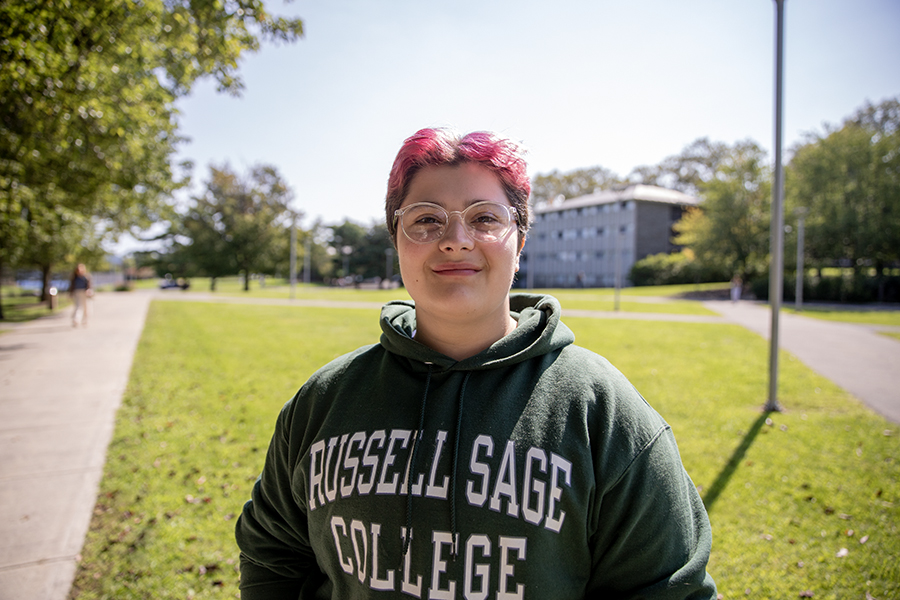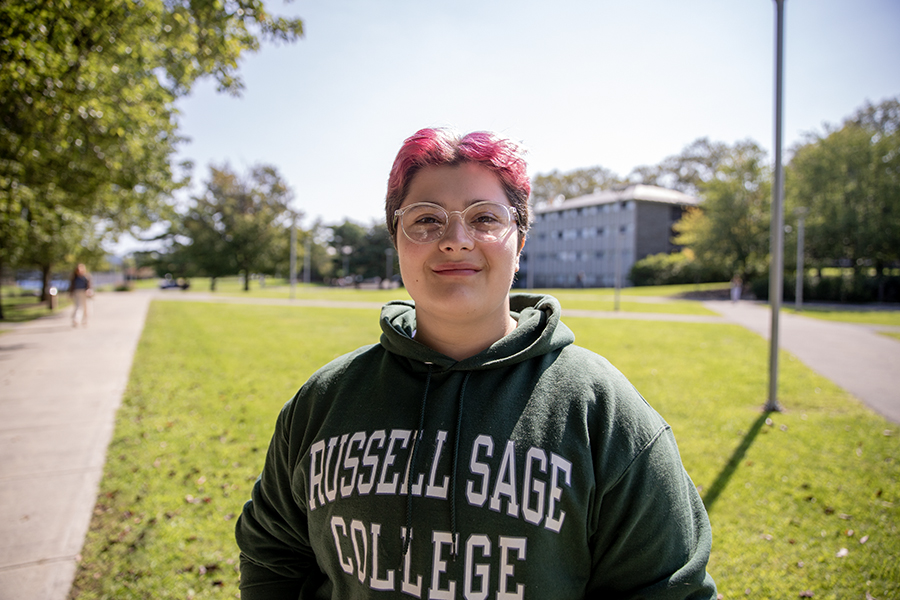Last week, Nicaragua descended into hell. The government has turned its back on its people, more than that, it has brutally killed those who are protesting against its social security reforms.
President Daniel Ortega proposed a change that would make taxpayers pay more money but cuts payouts to beneficiaries. Nicaragua is already one of the poorest countries in Latin America, and many people would not be able to pay the even higher taxes the government has proposed.
Peaceful protests broke out across the country. They quickly turned violent when police forces also took to the streets to brutally injure — and sometimes kill — those who were speaking out against Ortega’s policies. The government started killing the people they can’t feed, shutting down TV stations in the country, and censoring the internet and radio to hide its massacre.
Most of all knowledge of what has been happening in the country is due to social media, which has been filled with images of brutal police beatings through the #SOSNicaragua hashtag. Those who tweet from the country have also been targeted.
Though President Ortega has backtracked on his social security reform, the complete mishandling of the country has citizens calling for him to step down. Whether or not he decides to follow in the steps of Nicaragua’s former dictator, Anastasio Somoza Debayle, who he has already been compared to, it will be up to Ortega and how he wants to be remembered.
Ortega was once a man of the people. He took power in 1979 after the Sandinista revolution, preached Marxism and was a president who fought for the rights of the country’s poor until 1990. He was re-elected again in 2006 but with the interests of corporations and money at the forefront of his agenda. He became the same administration he helped topple: out of touch, aggressive and ruthless in the face of opposition.
Violence is nothing new to Latin America. The narrative that violence is ignited by part of protesting masses is nothing new either. The history of our region is stained with the blood of those who stand up to the butchers in government, and it is disheartening to see history repeating itself in a country whose people have done everything possible to be resilient in the face of continuous dictatorships. What’s most disheartening is that no one will care until they decide to be “woke off Marx” and choosing to understand the tensions of socialism in developing countries. Even more so, this paragraph is not even remotely exclusive to Nicaragua.





